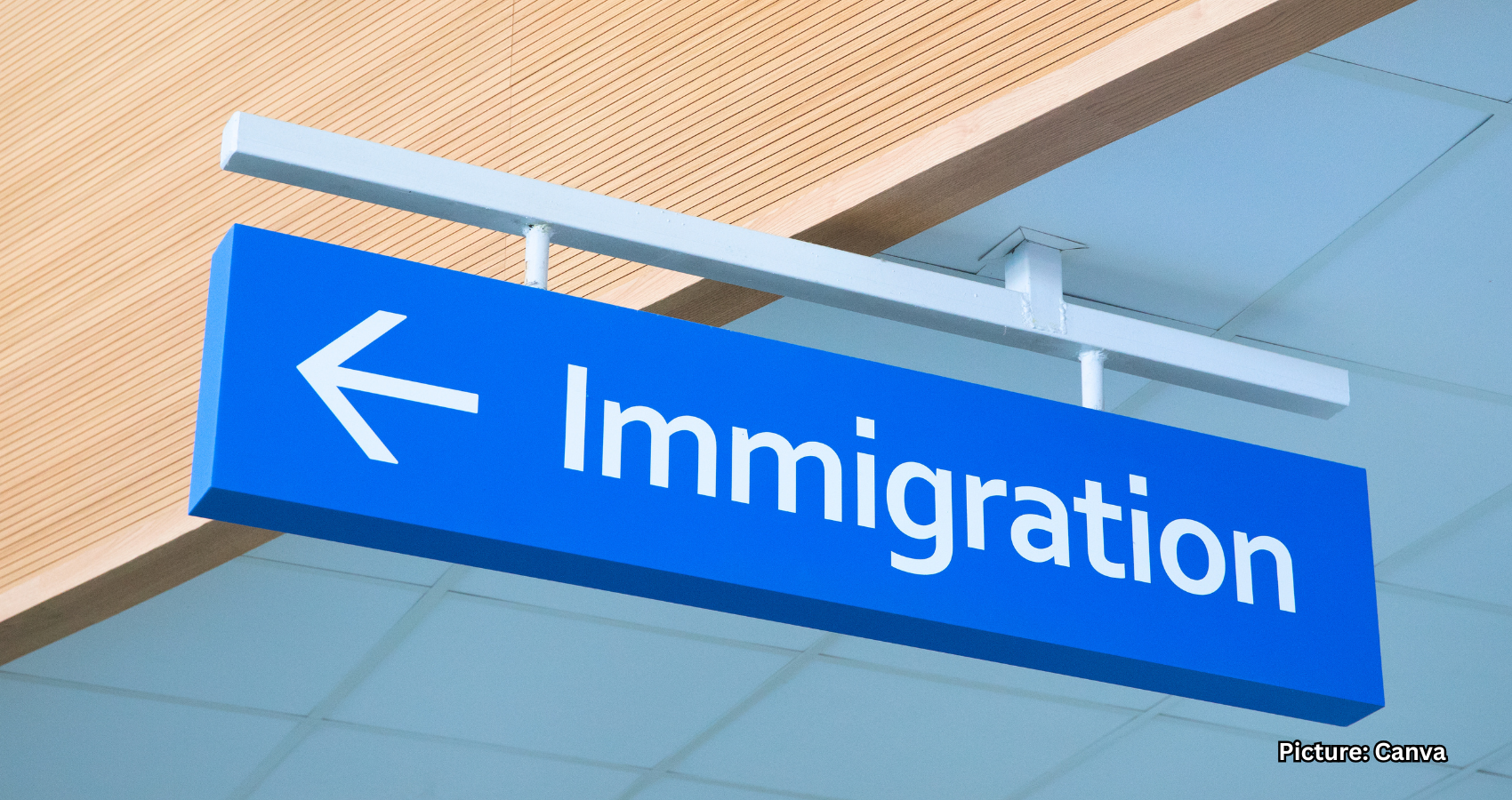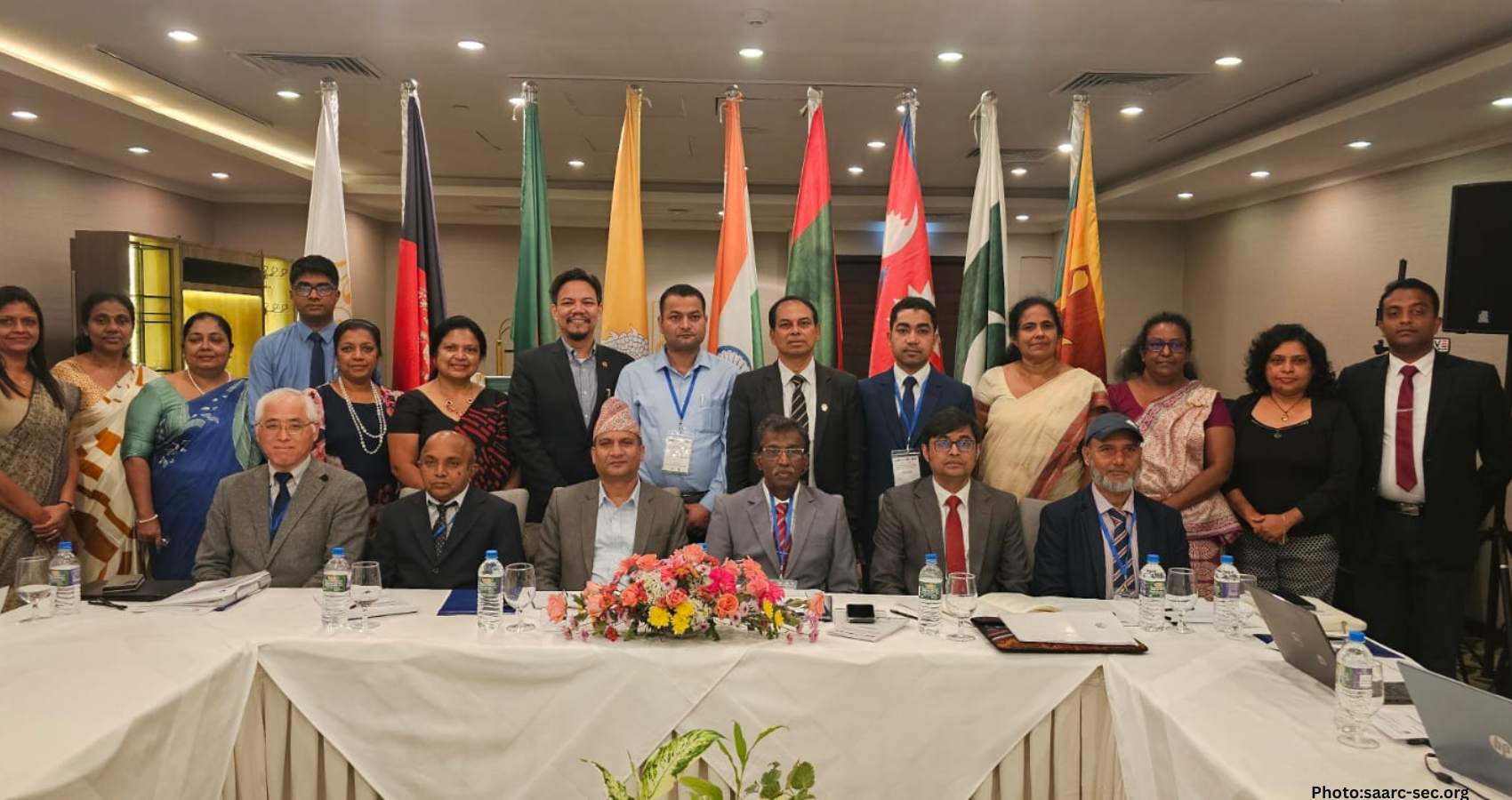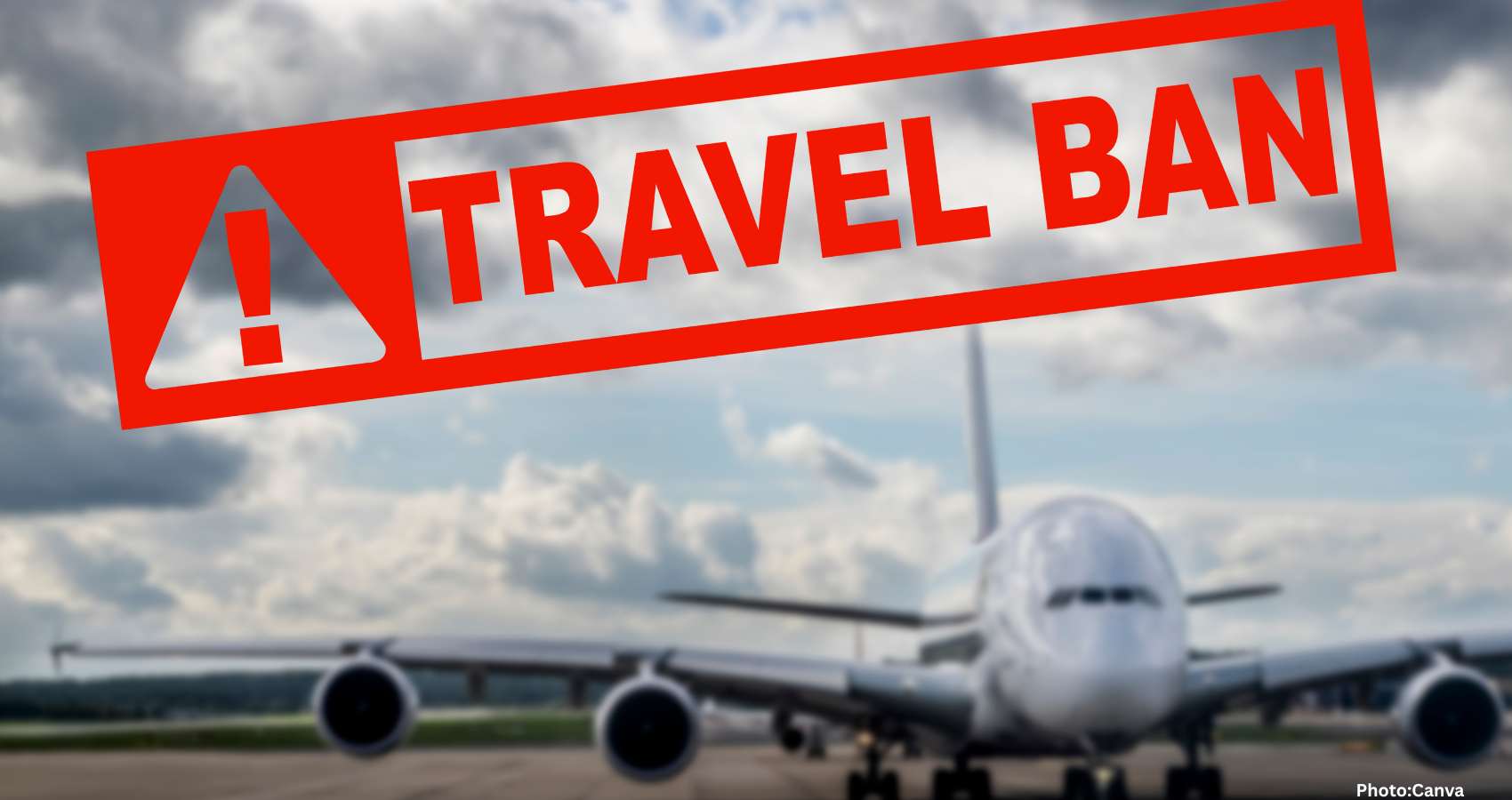Jen, a financial analyst in Brooklyn, navigates the complexities of work, family, and immigration uncertainty as she relies on an immigrant au pair for childcare.
Jen lives in Brooklyn, where she balances her full-time job in the financial district with the demands of her family. Her children attend school in Chinatown, making the logistics of daily life more complicated than they may seem.
The commute from home to school takes 50 minutes, while the journey from school to work adds another 30 minutes. With her workday extending until at least 5:30 p.m. and school letting out at 2:30 p.m., Jen faces significant challenges in managing her responsibilities. “Without help, the mornings would be challenging, but the afternoons would make it impossible,” she explained. “I would either get fired or I would have to quit my job.”
To address these challenges, Jen and her husband decided to hire a nanny or an au pair. This choice inevitably means relying on an immigrant provider, as Jen noted, “It’s the pool of candidates who are available.”
Finding a suitable nanny can be difficult, she added. “Friends would say, ‘You want to start a year in advance.’” Fortunately, Jen and her husband were able to welcome an au pair from China into their home. This arrangement allows the au pair to shuttle the children to and from school, assist them in learning Mandarin, and ensure they are supervised—an essential aspect of their well-being.
Although Jen, a financial analyst, can occasionally work from home, she acknowledges the distractions that come with it. “I hope everyone would understand, even men, that you can’t concentrate when children are all around,” she said. Her husband, an emergency room doctor, also has a demanding schedule.
Despite their relative privilege, Jen recognizes the challenges faced by families with fewer resources. “We are well off… privileged,” she remarked. “For someone with less means and time, I don’t know how people do it.”
However, Jen’s ability to maintain her career is precariously tied to the current immigration policies. In late May, the Trump administration paused interviews for J-1 visas, which include au pairs, ostensibly to implement new vetting procedures. These interviews resumed in June, but the uncertainty remains.
<p“We are in a small bit of terror right now,” Jen admitted. “As things ratchet up, there’s always a little voice in my head, ‘Please, please don’t revoke visas.’ If she goes, then I would have to quit my job.”
This is a scenario Jen is keen to avoid. “For the basic reason that I am my own person,” she stated. “I get a lot of satisfaction from my job. I want to be productive. I want to be part of the workforce,” she continued. “I’m paying my taxes. I’m producing for my company. That’s what I would think they would want.”
As Jen navigates the complexities of work, family, and immigration uncertainty, her story highlights the broader challenges faced by many families reliant on immigrant workers for childcare.
According to American Immigration Council, the intersection of immigration policy and family dynamics continues to impact the lives of countless individuals across the country.







